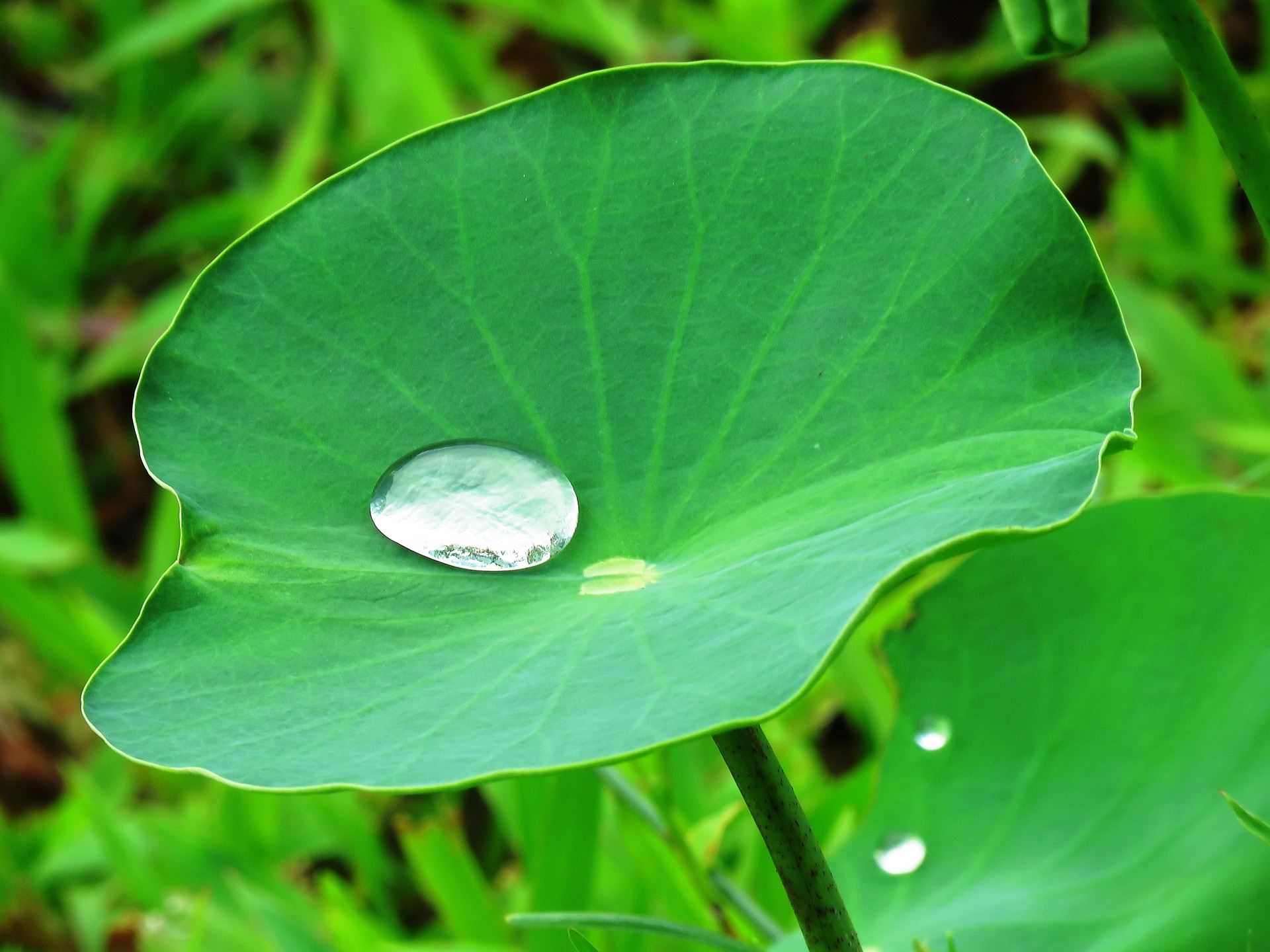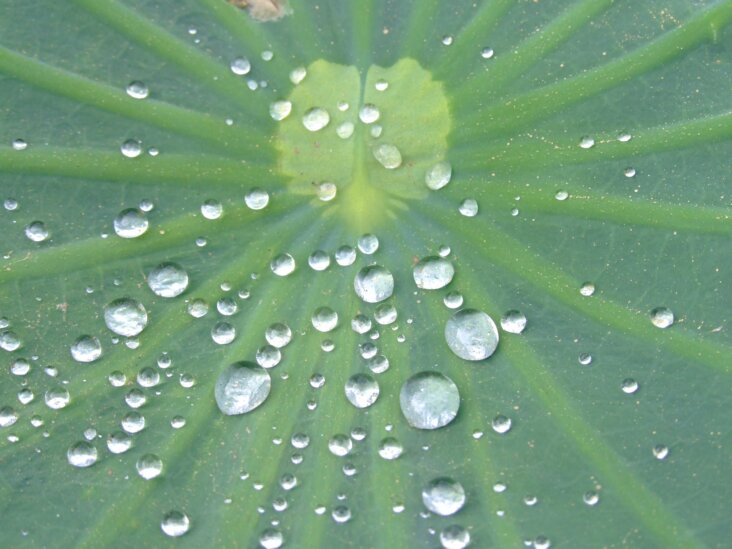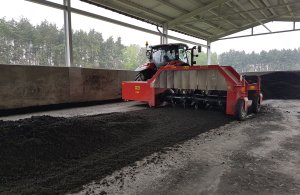The design of the self-cleaning bioplastic was inspired by the lotus leaf, which effortlessly repels water and dirt. (Credit: Honey Kochphon Onshawee / Pixabay)
Researchers at the RMIT university Melbourne synthetically engineered a bioplastic made of starch and cellulosic nanoparticles that’s sturdy, compostable, and cleans itself by mimicking the hydrophobic properties of a lotus leaf. The innovative material repels liquid and dirt, and then breaks down rapidly when buried in soil, according to studies published in Science of the Total Environment and Applied Materials and Interfaces. The surface of the novel material was imprinted with a pattern that mimicked the columns of a lotus leaf, before being coated with a protective layer of PDMS, a silicon-based organic polymer. Tests found that the bioplastic not only repels liquids and dirt effectively, but also retains its self-cleaning properties after being scratched with abrasives and exposed to heat, acid and ethanol, which makes it particularly useful for the food industry. “We designed this new bioplastic with large-scale fabrication in mind, ensuring it was simple to make and could easily be integrated with industrial manufacturing processes.” says Mehran Ghasemlou, PhD research fellow at RMIT University. The new plastic is naturally compostable, which sets it apart from most mainstream bioplastics which require industrial processes to break down. This bioplastic, on the other hand, breaks down quickly in soil.
A lotus-inspired bioplastic that’s sustainable and compostable | RMIT University










